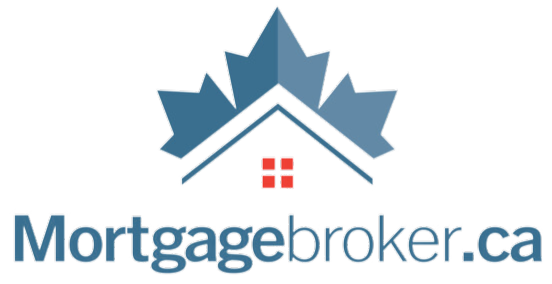QUESTIONS TO ASK YOUR MORTGAGE PROFESSIONAL
The Toronto real estate market is getting ready to heat up for the spring and summer seasons! If you’re ready to begin the search for your perfect property in 2023, the first step is to make sure you’ve worked with a trusted mortgage advisor to solidify a pre-approval, so you have a realistic budget on hand to base your search off of and the ability to move quickly with an offer. Before committing to a mortgage broker there are a few questions you can ask to ensure you’re doing your due diligence in educating yourself.
Should I work with a mortgage broker or lender?
A mortgage broker is a licensed professional who has access to a variety of lenders. This means they’ll be able to shop the current market for you and negotiate the best mortgage and rates for your individual needs.
Alternatively, mortgage lenders or representatives work with a specific bank or financial institution, which may benefit you if you’d like to work with a branch or location that you know and trust. The downfall to working with a mortgage lender at a bank is that they can only offer you the products that their independent financial institution offers.
Is there a fee for using a mortgage broker?
The short answer is no, there is not a fee for you to use a mortgage broker, as the broker gets paid by the lender or financial institution who provides you with the mortgage product you choose. However, you will still want to ask this question, as some less traditional, or poor credit applications may have to go to an alternative lender, which could result in a fee.
How much of a down payment will I need?
Contrary to popular belief, you don’t necessarily need a 20% down payment to purchase a home. Your mortgage advisor will help you determine the down payment amount that makes the most sense for your financial circumstances. It should be noted that if your down payment is less than 20%, you will be subject to Canadian Mortgage and Housing Corporation fees.
Fixed or Variable – which is the best loan for me?
If you’re in the market to purchase or are facing an upcoming mortgage renewal, you’re likely pondering this decision right now.
A fixed rate mortgage is best for you if you like the security of knowing exactly how much your monthly payment is going to be – regardless of what is happening in the mortgage industry. A fixed rate mortgage comes in a variety of term lengths, but beware; if you break your mortgage before the renewal, you could be facing hefty penalties to do so.
A variable rate mortgage makes the most sense for risk-tolerant borrowers, since rates are potentially at or near their peak for this rate-hike cycle. A pro to variable rate mortgages is that they generally entail a lower pre-payment penalty (three-months’ interest versus fixed rate IRD’s) should you break the mortgage early.
What are pre-payment penalties?
Often there are fees if you want to make additional payments on your mortgage, or exit the contract early, so make sure you read all the fine print and ask your mortgage professional any questions that you need clarified. Many lenders will allow you to pay a certain percentage of the balance above and beyond your monthly payments each year, ask your advisor what the terms are for pre-payment, and whether you’ll be charged a penalty if you choose to refinance or port your mortgage in the future.
Ready to get started on your mortgage pre-approval process? Head over to our easy and convenient mortgage calculator tools, or online application.
